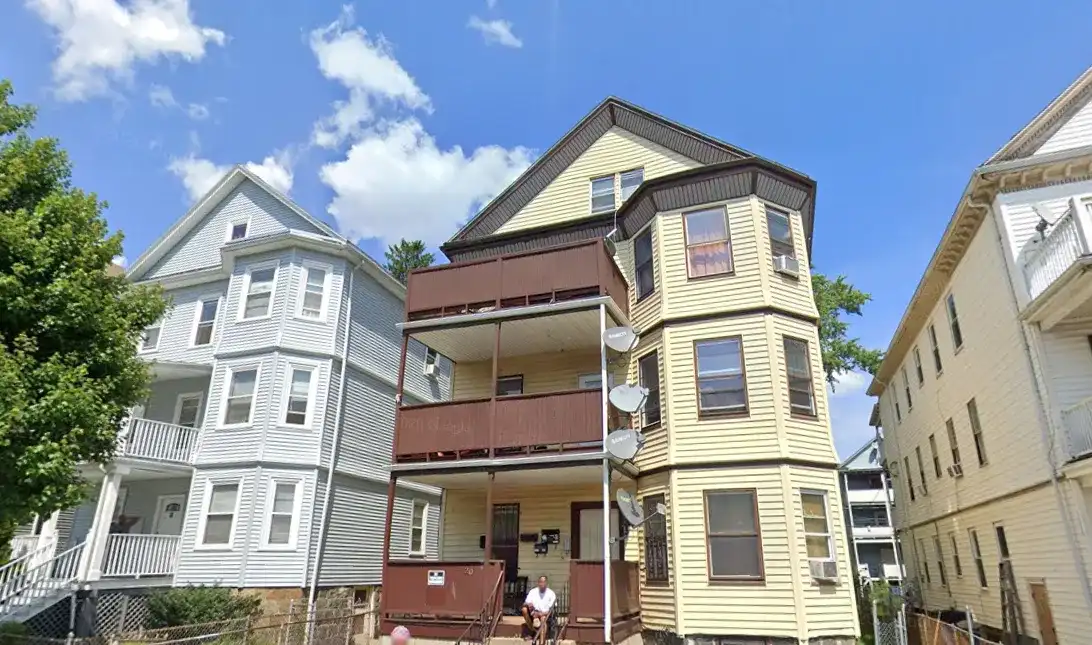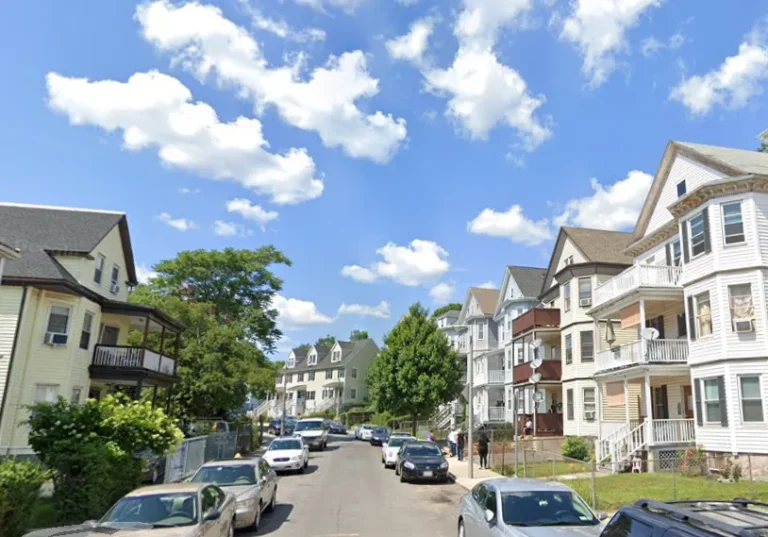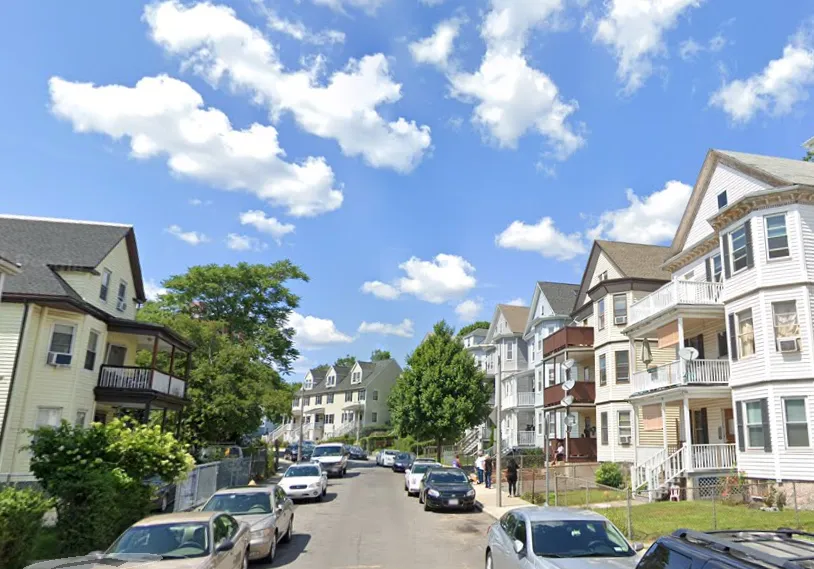
Popular strategies such as cold showers and coffee drinking can briefly increase alertness. how long does a hangover last If a person experiences a hangover, it is best to drink plenty of fluids to rehydrate the body. A hangover begins when a person’s blood alcohol level begins to drop. Some experts state that the symptoms of a hangover peak when a person’s blood alcohol level reaches 0. But they’re often not based in science, and some can be dangerous.
- But when the alcohol wears off, your nervous system must readjust.
- Research has not found a correlation between the extent of electrolyte disruptions and the severity of hangovers, or the impact of added electrolytes on hangover severity.
Six: expanded blood vessels contribute to hangover headaches
Drinking a large amount of alcohol is more likely to cause withdrawal effects. The effects can vary among individuals, as some people metabolize the byproducts of alcohol more efficiently than others. Alcohol withdrawal symptoms occur as the body adjusts to a sudden decline in the chemicals that are components of alcohol. Additionally, as alcohol is broken down and removed from the body, certain chemical toxins produce inflammation and oxidative stress.
- This means it is difficult to predict the number of drinks or the amount of alcohol that will cause a hangover.
- If alcohol is consumed faster than the body can metabolize it, the buildup of acetaldehyde may cause nausea, sweating, rapid heart rate, and flushing.
- Depending on different factors, a hangover usually lasts around 24 hours after drinking.
Things to avoid
- However, in some cases, prescription antiemetics might be helpful.
- Capsulyte is a doctor-founded dietary supplement company dedicated to enhancing the health and wellbeing of individuals through scientifically backed, innovative products.
- Avoid taking paracetamol if possible, as this can be hard on the liver when combined with alcohol.
- However, these eight tips to stop your hangover could help relieve suffering faster.
The material on this website is provided for informational purposes only and is not medical advice. Always consult your physician Drug rehabilitation before beginning any therapy program. Any designations or references to therapies are for marketing purposes only and do not represent actual products. We want you to be more comfortable, and on the road to recovery, and our intravenous treatments can help you feel healthier in no time.
Eat before you drink
- Still, 24 hours can feel like an eternity when you’re dealing with a mishmash of physical and mental symptoms.
- According to a 2010 paper, hangover symptoms usually start several hours after drinking, when blood alcohol concentration (BAC) decreases.
- If you have alcohol intolerance, you may have a genetic inability to process the acetaldehyde fast enough.
- A hangover refers to a set of symptoms that occur as a consequence of drinking too much.
- Any designations or references to therapies are for marketing purposes only and do not represent actual products.
If the symptoms of a hangover or hangxiety are severe—or if you are having shaking, tremors, a fever, changes in consciousness, or seizures—get prompt medical attention. By following the suggestions above, you can support your body’s ability to cope with alcohol consumption with effective antioxidant, anti-inflammatory, and otherwise beneficial compounds. Check out the Capsulyte blog for even more info on how Capsulyte may help your body and mind bounce back from alcohol’s effects. According to Johns Hopkins Medicine, alcohol negatively affects the brain, various organs (think kidney and heart), blood vessels, stomach lining, and several of the body’s systems.
Mental Health

In order to ward off the symptoms of dehydration following a hangover, it is good practice to drink non-alcoholic fluids. In addition, ensuring you have an adequate amount of time to sleep may decrease difficulty concentrating and fatigue the following day. Some people deficient in a protein called alcohol dehydrogenase 2 (ALDH2) may experience some symptoms similar to a hangover during intoxication. These symptoms include flushing, sweating, and an increased heartbeat. While this is not technically a hangover, it can feel like one.
What are the seven best hangover cures?
Limit how much you intend to drink and stick to it, no matter how much alcohol your friends consume. You’ll soon start receiving the latest Mayo Clinic health information you requested in your inbox. There’s no quick fix when it comes to hangovers, but there are several things you can do to make things more manageable as you wait it out.
Treatment options and prevention for hangover

It’s also good to know the difference between alcohol poisoning and hangovers, though alcohol poisoning symptoms usually show up while you’re drinking, not the day after. There’s evidence that reduced sleep after drinking leads to more severe hangovers. Still, 24 hours can feel like an eternity when you’re dealing with a mishmash of physical and mental symptoms. And depending on various factors, some symptoms can be worse than others in terms of severity and duration. Jacob shut his laptop with a heavy sigh, rubbing his temples as the meeting he left almost an hour ago replayed again in his mind. No matter how hard he tried to refocus, his anger at the meeting’s disorganization and pointlessness kept distracting him.

When alcohol is metabolized in the liver, it’s first converted into acetaldehyde by the enzyme alcohol dehydrogenase. Acetaldehyde is a highly toxic substance, even more so than alcohol itself. If alcohol is consumed faster than the body can metabolize it, the buildup of acetaldehyde may cause nausea, sweating, rapid heart rate, and flushing. A hangover typically lasts anywhere from 12 to 36 hours, although it could last in some cases for up to 72 hours. During this period, an individual may have severe mental and physical stress due to alcohol withdrawal. Alcohol is the main culprit in a hangover, but other components of alcoholic beverages might contribute to hangover symptoms or make a hangover worse.
Leave a Reply